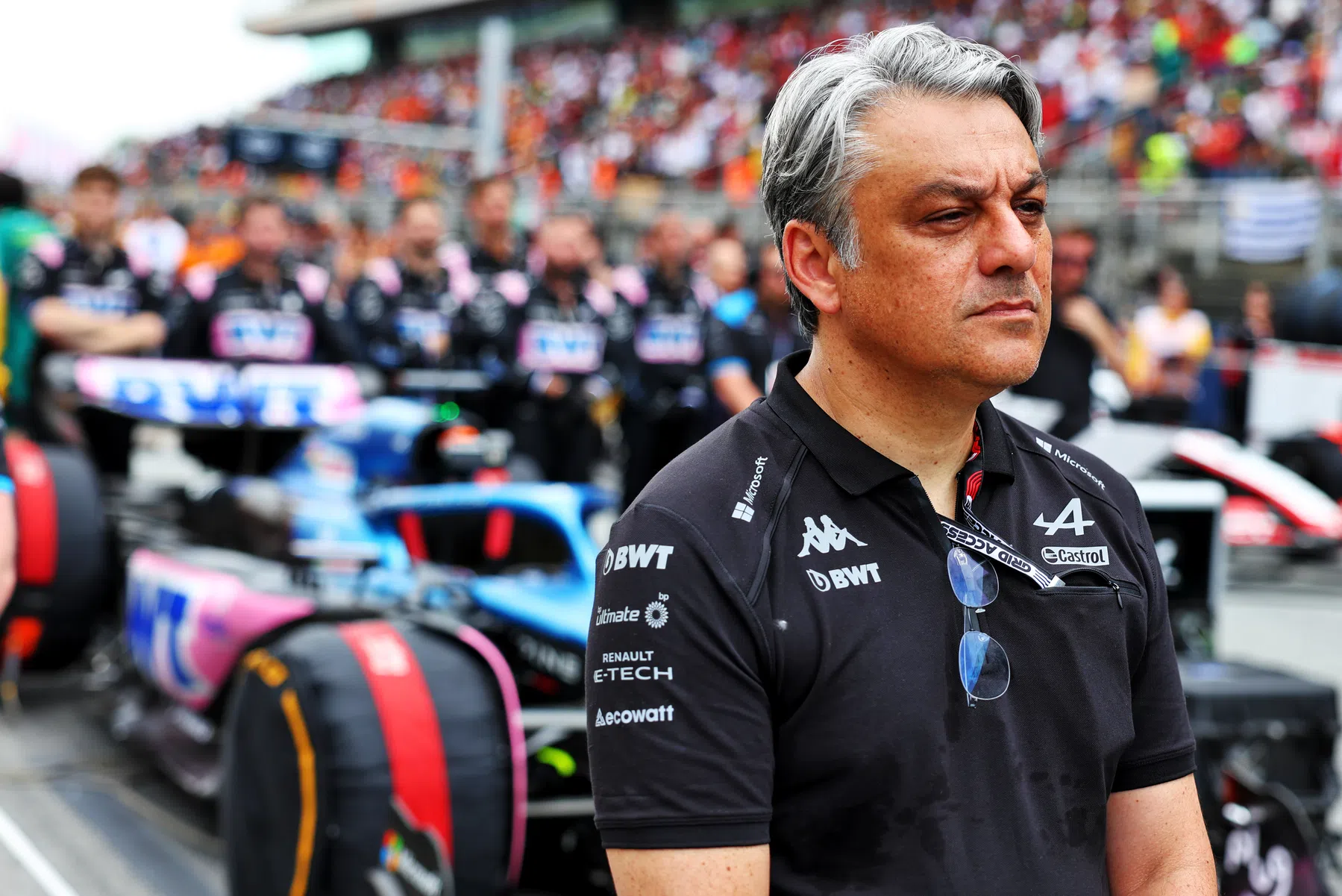Renault finally provides Red Bull with closure: 'We underestimated that'
F1 News

Renault entered the hybrid era without sufficient preparation, admits group CEO Luca de Meo. The Renault ringleader recently decided to make the French works team a customer team due to their lack of power and recent success. The hundreds of workers at Alpine's engine division in Viry-Chatillon will instead be assigned to different divisions within the team. The Renault-backed team will most likely move to Mercedes engines for the next regulation change in 2026.
This admission will also provide Red Bull with some closure. The Milton Keynes-based squad stuck with the French suppliers for the hybrid era after achieving four back-to-back constructors titles with the Renault V8 from 2010-13. Their V6 hybrid unit, however, was unreliable and not as quick as Mercedes or Ferrari's power units. Red Bull decided to jump ship to Honda in 2019 and has achieved two constructors titles with the Japanese marque since.
Since his arrival at Renault four years ago, de Meo told L'Equipe of a few disincentives he saw with the continuation of the engine program. “The remuneration structure in F1 does not take into account the investments made by the manufacturer teams, So we spend more than the others, but we do not receive more," he explained.
'F1 could look to an engine without hybridisation'
The Italian has an idea that he believes would make more manufacturers want to join F1. The simplification of engines would've helped Renault's F1 efforts. “In the long term, F1 could, who knows, propose a technological simplification like imagining an engine without hybridisation, without electrification, which makes noise and runs on e-fuel for the green image. It would be a common base, and each manufacturer would keep a 10 per cent margin to adapt the engine," de Meo revealed.
"F1 is a long way from that vision, with its next generation of engines set to offer a 50-50 split in terms of power generation between the internal combustion element and the hybrid system. This new regulation is a kind of Frankenstein, a compromise of the requirements of each manufacturer. Development costs have become exponential. It’s going to be quite difficult to manage, even for the drivers."
Renault 'underestimated' transition to hybrid engines.
From 2014-18, Renault supplied Red Bull with hybrid power units. Team boss Christian Horner, however, decided to move away from the Renault engine due to its lack of pace and reliability. There are still suggestions that the Renault unit is around 15hp down on its rivals to this day. De Meo felt that by producing engines, his team wouldn't succeed in Formula 1 due to its competitive nature.
“Let’s be clear, when you visit, and we did, a unit like HPP (High-Performance Powerunits), the Mercedes engine factory, 900 people are working there. There are 340 of us in Viry. They have test benches that we don’t have. The transition to the hybrid era required powerful investments that were underestimated at the time. We operate, structurally, with three cylinders when others have eight," he revealed honestly.
“When I arrived four years ago, the group wanted to stop F1,” he continued. “We don’t have the structure to be at the forefront of battery chemistry development, software management, energy recovery."
De Meo admitting defeat will be the end of an era for Renault. Whether or not the gamble will pay off remains to be seen, but the French team are now prioritising success. With that, sacrifices must be made, and Viry's division change encapsulates this.
Want more Formula 1? Then follow GPblog on our various social media channels!

